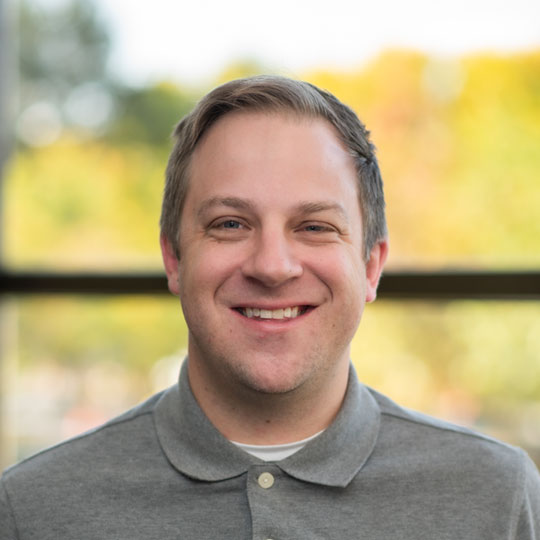St. Luke’s patient’s gift shows how far she’s come after device implantation

Louise Haro admits she was in a bit of denial.
The Nampa resident had spent her life designing fashion and jewelry, but the consistent tremors in her hands were making it more and more difficult.
“I can’t have Parkinson’s,” she thought.
But the tremors, which had persisted for years, coupled with headaches and an eventual series of falls, led to a hard truth: Parkinson’s disease, diagnosed in 2018.
“I was refusing to accept it, kept taking more and more medication, and eventually, I just had to say, ‘I have it,’” Haro said.

But there were options.
St. Luke’s Drs. James Whiteside and Cecile Zhao conferred with Haro about the possibility of a deep brain stimulation (DBS) implant. DBS uses electricity through electrodes attached to the brain from a battery pack implanted in the chest area.
Haro, now 67, was a good candidate and had the device surgically implanted Oct. 18, 2020, by Dr. Derek Martinez.
“At first, I wasn’t really sure it was going to work. I almost had buyer’s remorse,” Haro said. “But like a lot of procedures, it takes time to get it right.”
Enter Ashleigh Bars, a St. Luke’s nurse practitioner who works closely with DBS patients in neurology in Meridian. Bars helps adjust the width, frequency and amplitude of the device to find the right setting. Sometimes, it can take a little time – for Haro, it took a few weeks to get optimally calibrated.
“You always prepare patients for that. A lot of people think it’s just surgery and poof, you’re better,” Bars said. “It’s not a cure, but if you find the appropriate candidate, it can be life-changing.
“In Louise’s case, I think it’s been better than we promised.”
A few weeks after the surgery, and after the right settings were found, Haro was back doing what she loved.
“It was just a relief,” Haro said. “I was able to thread a needle again. It didn’t take all day like it did before.
“When I tried my jewelry work again, I was so happy. It was just, ‘Oh my gosh, I can actually do it again.’"

Haro and Bars had worked together for a year before the surgery and gotten to know each other well. They liked to joke around and talk about some of their favorite activities, like camping.
“She’s been fantastic,” Haro said.
So much so that Haro was inspired to show her appreciation – and how far she’s come – by making Bars a special Christmas present.
Haro made a necklace and a pair of earrings for Bars, who often wears the necklace proudly. Her ears aren’t pierced, so she gifted the earrings to Dr. Zhao.
“It was so awesome and even more meaningful because of that aspect, knowing what it was like for her when we first met,” Bars said.
“You feel some pride in helping her to be able to resume doing what she enjoys.”
Haro is now off all but one medication. She understands the procedure can be intimidating to some, but for the right candidates, DBS “can do wonders.”
The proof is right there in the jewelry that Bars and Dr. Zhao now own, the product of a steady hand – and a very thankful patient.
“I just had to thank Ashleigh for her endeavors in my ability to feel normal again, and I’ll always appreciate that,” Haro said.
About The Author

Dave Southorn works in the Communications and Marketing department at St. Luke's.


